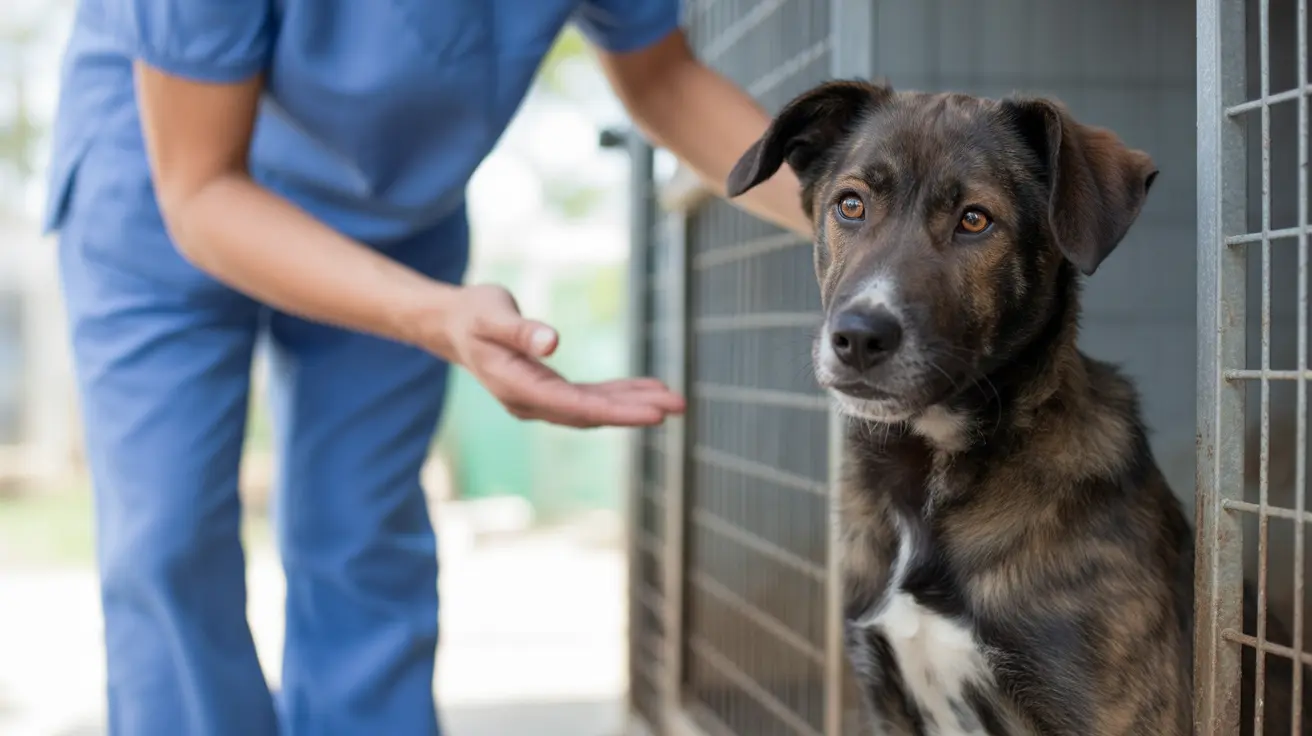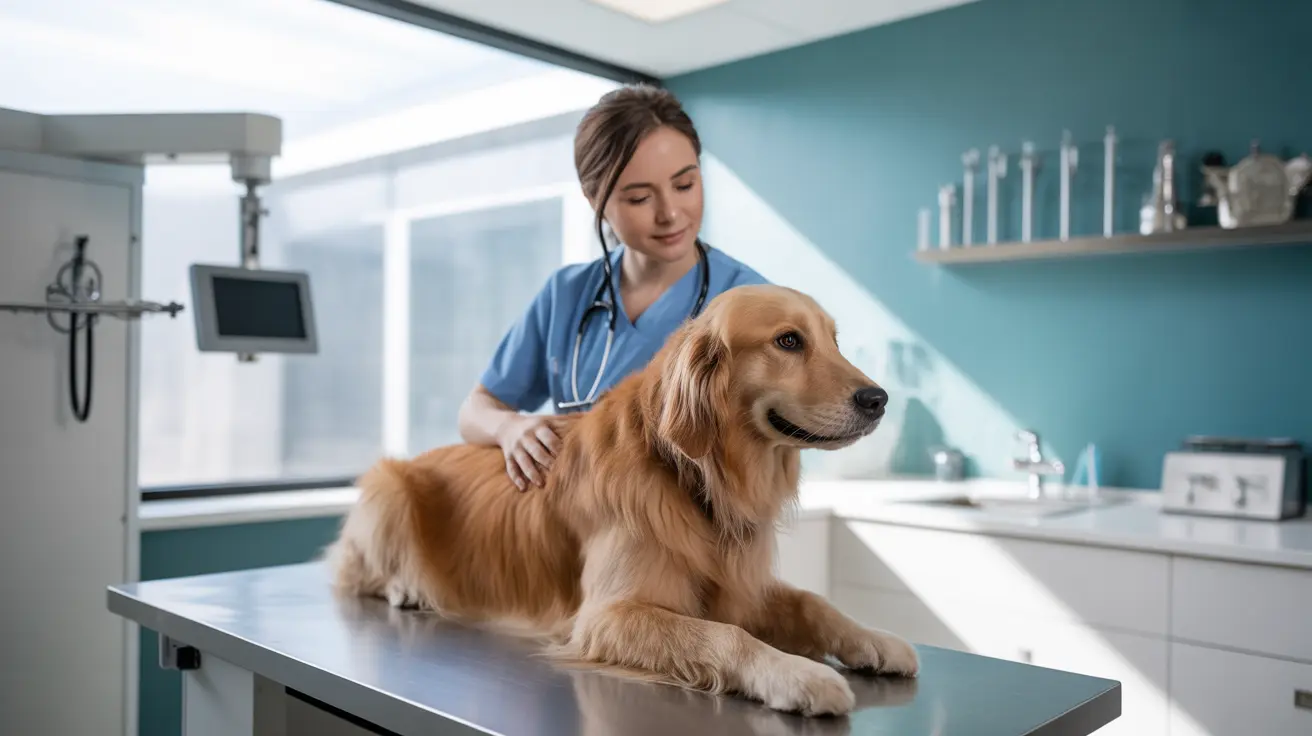Effective Treatments and Management for Seborrhea in Dogs
Seborrhea, also known as seborrheic dermatitis, is a chronic skin condition in dogs caused by abnormal keratinization of the skin, resulting in dryness, greasiness, flakes, and sometimes infections. Addressing this condition effectively requires a comprehensive approach focusing on identifying the root cause and applying tailored symptomatic treatments.
Understanding Seborrhea Types
There are two major forms of seborrhea:
- Seborrhea sicca (dry): Characterized by flaky, dry skin and a dull coat.
- Seborrhea oleosa (oily): Marked by greasy skin, a foul odor, and thick flakes.
In many cases, dogs can show symptoms of both forms simultaneously, particularly in body areas rich in sebaceous glands.
Treating Underlying Conditions
Secondary seborrhea is typically the result of an underlying health issue. Therefore, diagnosing and treating that root cause is the first step toward resolution. Common contributing conditions include:
- Allergies (environmental, food, or flea-related)
- Hormonal imbalances (e.g., hypothyroidism, Cushing’s disease)
- Parasites (e.g., mites such as Demodex and Sarcoptes)
- Bacterial or yeast infections
- Autoimmune diseases and nutritional deficiencies
Veterinarians employ skin scrapes, cytology, blood tests, allergy panels, and biopsies to diagnose these issues. Once identified, targeted treatment—like antiparasitic medications, hormone therapy, or dietary amendment—can help seborrhea symptoms diminish significantly or disappear completely.
Use of Medicated Shampoos
For symptomatic care, medicated shampoos are crucial. Depending on the type of seborrhea, vets may recommend formulas containing:
- Keratolytic agents like sulfur or salicylic acid to remove excess scales
- Keratoplastic agents like coal tar or selenium sulfide to normalize skin turnover
- Emollients such as glycerin or lanolin for hydration
- Antifungals and antibacterials including chlorhexidine and miconazole
Bathing should initially be frequent—every 2-3 days—tapering off as the dog’s skin improves. Consistent and correct shampoo application, including proper contact time, is essential to effectiveness.
Topical Products and Ear Care
- Topical mousses or spot-on treatments help restore skin barrier function by balancing oils and adding moisture.
- Routine ear cleaning is vital, as seborrhea often involves wax buildup and increased risk of ear infections. Medicated ear solutions may be needed.
Diet and Nutritional Support
Supplements often play a role in improving skin health. Recommended additions include:
- Omega-3 fatty acids to reduce inflammation
- Zinc, vitamin A, and biotin for skin repair and maintenance
These should always be given under veterinary guidance to avoid overdoses or imbalances.
Good Grooming and Hygiene Habits
- Regular brushing helps distribute oils and eliminate flakes.
- Avoid overbathing with harsh products, which can worsen skin dryness or oiliness.
Maintenance becomes crucial for chronic cases—especially primary seborrhea, which is genetic and usually lifelong. Routine baths with prescribed shampoos, dietary support, and surveillance for infections help manage the condition long-term.
Prognosis and Prevention
If the root cause of secondary seborrhea is cured—like eliminating parasites or correcting a nutritional deficiency—complete resolution is possible. However, genetic forms require lifelong care. Maintaining overall skin health through proper diet, parasite control, good hygiene, and early response to skin changes reduces the chance of recurrence.
While seborrhea itself is not contagious, the underlying causes (like mites or yeast) sometimes are. Seek veterinary advice if you notice persistent dandruff, greasiness, or odor in your dog.
Key Takeaways
- Treat the underlying condition for true resolution
- Use medicated shampoos and moisturizing agents as directed
- Incorporate dietary supplements under vet supervision
- Maintain hygiene and routine grooming
- Consult your veterinarian regularly for chronic cases
With a proactive veterinary approach and consistent care, most dogs with seborrhea can enjoy a comfortable, healthy life.





